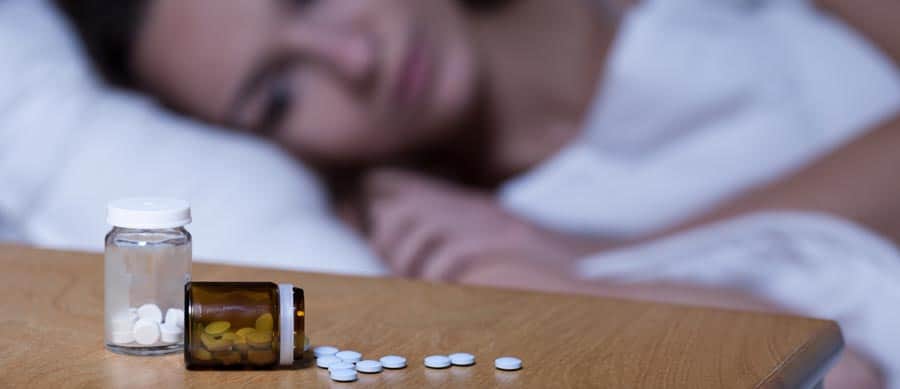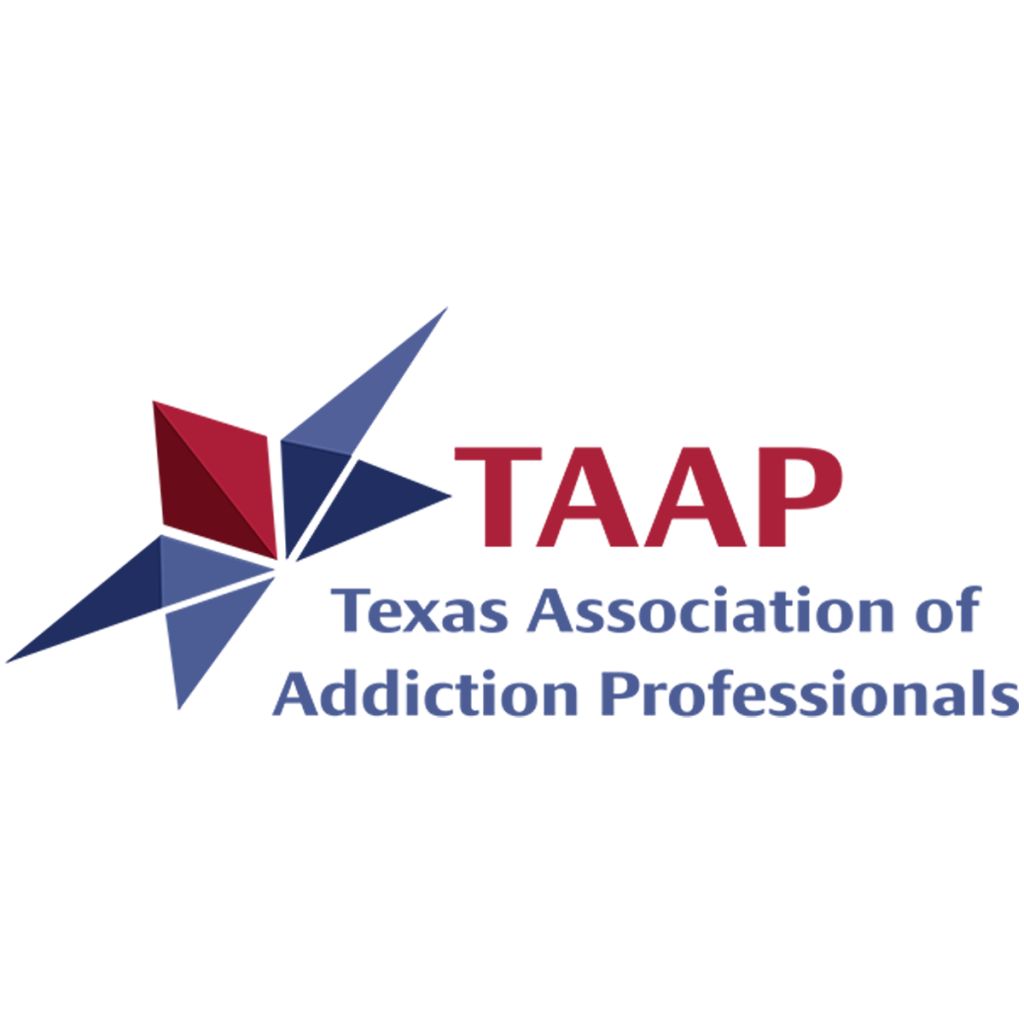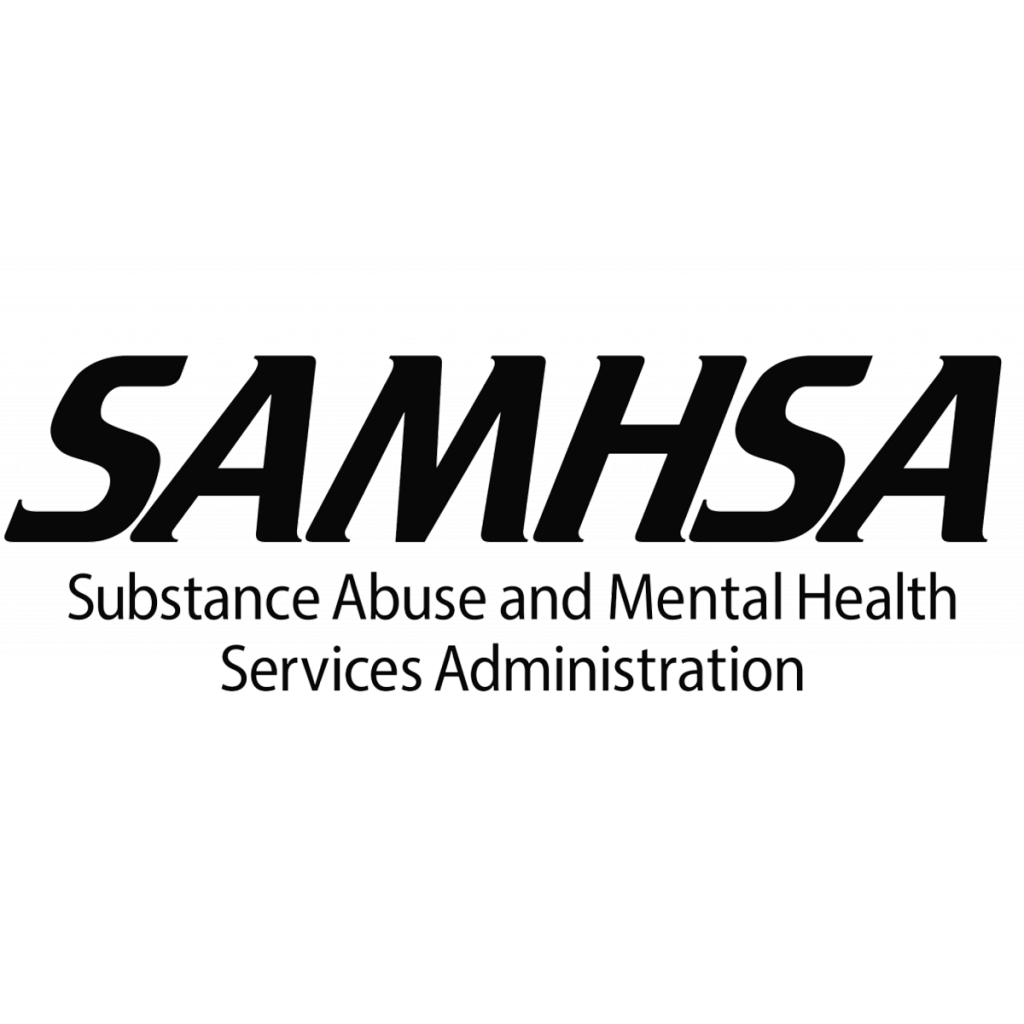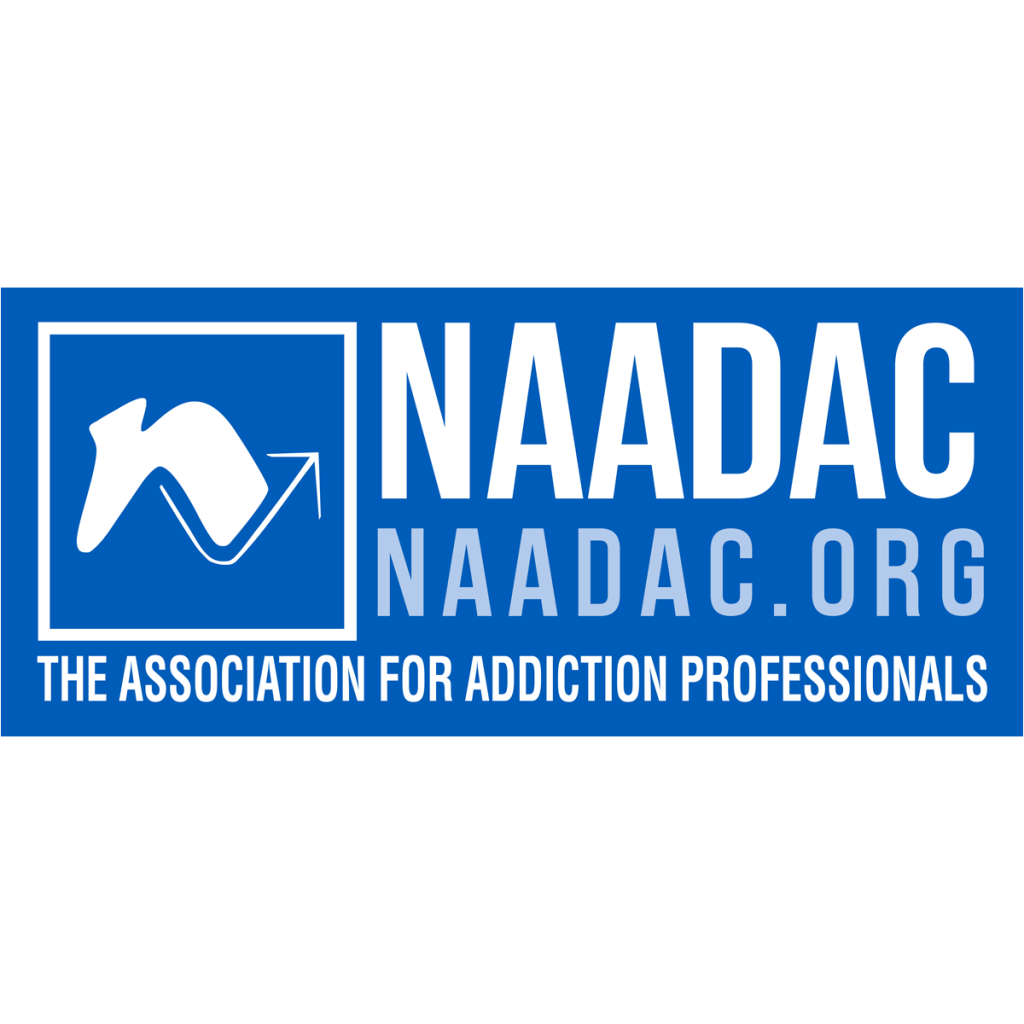Table of contents
It’s not uncommon for mental disorders like depression to accompany addiction. According to the latest 2020 data from the National Survey on Drug Use and Health, the percentage of adults with both a serious mental illness and a substance use disorder increased from 2.3 million in 2015 to 3.6 million in 2019.1 In these instances, people with co-occurring disorders typically receive a dual diagnosis from a doctor, and special treatment is required to help them overcome their addiction and properly manage their depression.
What Does It Mean to Have a Dual Diagnosis?
A dual diagnosis is made when an individual has a combination of a mental disorder like anxiety, depression, or bipolar disorder, and addiction.2 A dual diagnosis of addiction with a depressive disorder is the most common form of the problem. The symptoms of one disorder can feed into the other disorder making it worse; depression may lead to using alcohol or other substances to self-medicate and then lead to addiction.
What Is the Difference Between a Dual Diagnosis and Co-Occurring Disorder?
The terms dual diagnosis and co-occurring disorder are often confused or used incorrectly. However, today, this is the difference in how they should be used correctly when discussing substance abuse and addiction:
- The term “co-occurring disorders” is used to describe many different conditions and diseases that typically accompany addiction.
- In comparison, the term “dual diagnosis” is used to describe the way individuals with addiction and a mental illness are treated.
How Are Depression and Addiction Related?
According to the Anxiety and Depression Association of America, “About 20 percent of Americans with an anxiety or mood disorder such as depression have an alcohol or other substance abuse disorder, and about 20 percent of those with an alcohol or substance abuse disorder also have an anxiety or mood disorder.”3
For individuals suffering from untreated clinical depression, alcohol and drugs can seem like the only way to escape the overwhelming feelings of pain and emptiness associated with the disorder. Many people who experience feelings of depression rely on drugs or alcohol to escape them. But by self-medicating like that, they are very unlikely to ever properly manage their addiction without professional treatment.
Unfortunately, as clinically depressed individuals continue to use drugs and alcohol regularly, they are very likely to develop addiction too. For drug users especially, the crash after the high can be extremely difficult to deal with, which further complicates the complexity of their mental state and treatment needs.
Is Depression Triggered By Drug Withdrawal?
Clinical depression can also be triggered by withdrawal from alcohol or certain drugs. Examples include:
- Alcohol withdrawal: Symptoms of acute alcohol withdrawal typically include severe agitation and anxiety. In the later stages of alcohol withdrawal, people commonly experience severe feelings of depression, fatigue, insomnia, and general mood instability leading to uncharacteristic bursts of anger.4
- Opioid withdrawal: Withdrawal from opioid drugs like heroin or prescription painkillers can cause severe depression, anxiety, and severe cravings, among other withdrawal symptoms. These symptoms can last for weeks, making it very difficult for people in recovery to stay sober without support and ongoing treatment.5
- Stimulant withdrawal: Withdrawing from drugs like meth or cocaine can also produce strong symptoms of depression, fatigue, and cravings that last for weeks. If a person tries to manage these symptoms on their own, they are unlikely to be successful and may end up abusing stimulant drugs again just to feel “normal.”6
People who use hallucinogen drugs like LSD can also experience prolonged symptoms of depression as well as psychotic symptoms and disturbing flashbacks that may make it difficult to function daily.
People who are struggling to stop using alcohol or drugs should seek help through a medical detox program. This will allow for proper treatment and management of withdrawal symptoms, including depressive episodes or long-lasting depression.
What Are the Signs of Major Depression?
Although feeling sad is normal from time to time, people who abuse drugs are more likely to experience long-lasting or severe symptoms of depression. Suffering from depression is very different than experiencing the occasional blue feelings or episodes of frustration and sadness.
Some of the most common signs and symptoms of depression include:7
- Feelings of sadness, hopelessness, worthlessness, or emptiness
- Reduced appetite and weight loss or increased appetite and weight gain
- Anxiety
- Changes in sleep patterns (insomnia or sleeping too much)
- Fatigue Loss of interest or pleasure usually found in normal hobbies and activities
- Difficulty concentrating or making decisions
- Memory problems
- Outbursts of anger
- Physical problems like back pain or headaches
- Frequent or recurring thoughts of self-harm, death, or suicide
If you recognize these symptoms in your own life or in that of a friend or loved one, and drug abuse is also present, professional treatment is likely needed for a full recovery.
Signs that someone may also be addicted to drugs or alcohol include:
- Being unable to control the drug or alcohol usage
- Wanting to stop but being unable to
- Having strong cravings for alcohol or drugs
- Experiencing withdrawal symptoms when the effects of drugs or alcohol wear off
- Continuing to use drugs or alcohol despite problems at work, school, in relationships, or with finances
- Developing a tolerance (needing more to achieve the desired effects)
- Lying or being secretive to hide your drug or alcohol use
- Spending an excessive amount of time using addictive substances, trying to get them, or recovering from using them
What Are the Risk-Factors for Depression and Addiction?
Certain individuals may be more prone to developing depression and a substance use disorder simultaneously. Risk factors for both depression and addiction can be environmental, genetic, biological, or psychological.
Some of the most common risk factors for depression include:8
- A close relative with depressive disorders (such as a parent or sibling)
- Adverse childhood experiences or trauma
- A series of very stressful life events or changes
- Chronic medical conditions like diabetes or a substance use disorder
Addiction also has many different risk factors, including:9
- A family history of substance abuse
- Poverty or consistent financial problems
- High amounts of stress
- Lack of parental involvement and supervision during childhood
- Peer substance abuse
- Drug availability
- Early aggressive behavior
Many risk factors play a role in the development of both of these disorders, but having several risk factors doesn’t mean a person will become addicted and depressed. It simply means they may be more likely to do so, and as a result, should take extra preventative measures to remain healthy. On the same note, someone with no or very few risk factors may still develop a drug addiction and depression.
According to the Centers for Disease Control and Prevention (CDC), people who have the highest risk of depression include the following groups:10
- Women
- Hispanics and African Americans
- Low-income or chronically unemployed individuals
Since addiction and depression share several of the same risk factors, women, Hispanics, African Americans, or low-income individuals may also be more likely to develop substance use disorders.
Depression and Addiction Treatment
A dual diagnosis adds a level of complexity to addiction treatment. Each aspect of the diagnosis, the psychiatric issues, and the addiction must both be identified and treated. Just treating the substance abuse issues will not eliminate depression, so both must be treated together to lessen the chance of relapse.
Several different tools are essential to treat dual diagnoses:
- Therapy: Individual therapy can help people who have a dual diagnosis of addiction and depression by helping them understand the nature of these disorders. Types of therapy like cognitive behavioral therapy, contingency management, and motivational enhancement therapy (MET) can provide the person with practical skills for handling negative thoughts and assists as they identify and change addictive behavior patterns in their lives. Alternative therapies for addiction may also be helpful. Group counseling or family counseling can also provide support, strength, and motivation to continue with recovery when things get difficult.
- Medication: Medication is often an important part of treatment for a dual diagnosis of addiction and depression. Although it may seem risky to use powerful prescription drugs to treat someone with a history of addiction, doctors treating individuals who also suffer from substance abuse issues can prescribe medications with low potential for abuse. Consistent monitoring and ongoing therapy can also greatly reduce the likelihood of that person becoming addicted to any medications they are taking during treatment.
Dual diagnosis can seem like a difficult obstacle to overcome, but depression and addiction are both treatable illnesses. By treating both the addiction and the underlying mental and emotional issues, the chances for a full and lasting recovery are greatly improved and those suffering from a dual diagnosis can look forward to a healthy life.
At Nova Recovery Center, we provide drug and alcohol addiction treatment in Austin and Houston, TX for adults who are suffering and need help to recover.
Austin inpatient rehab center
Our Austin recovery center provides a beautiful and peaceful environment for recovery. Our staff is made up of board-certified doctors, nurses, therapists, counselors, and recovery specialists who work closely with clients to help them recover from drug and alcohol addiction. We use a variety of evidence and research-based therapies and medication to treat addiction and co-occurring disorders together to improve each client’s chances of a full and long-lasting recovery from addiction.
Austin outpatient rehab center
Nova Recovery Center also provides an outpatient rehab in Austin Texas for people who are recovering from addiction. This eight-week program meets three times a week. Each group meeting is comprised of an Education Group and a Process Group, where clients discuss topics such as behavioral change, relapse prevention, social skills, family dynamics, addiction education, and more. Austin IOP clients must also attend local recovery support meetings regularly. We provide an online IOP option for people who prefer not to attend in-person IOP or are unable.
Houston outpatient rehab center
Nova’s Houston IOP also offers an eight-week in-person program. Clients meet three times per week for group sessions that are comprised of an Education Group and a Process Group. These sessions cover things like stages of change, problem-solving, addiction education, personal issues, relapse prevention, and more. Houston IOP clients must also attend local recovery support meetings regularly. We provide an online IOP option for Houston clients who cannot attend in person or would rather attend virtually.
If you or a loved one is addicted and needs help, the caring addiction treatment professionals at Nova Recovery Center are available to help. We can even connect you with adequate sober living Austin services when you’re done with rehab. Call us today for more information or to enroll in one of our addiction treatment programs.
References:
- https://www.samhsa.gov/data/sites/default/files/reports/rpt29393/2019NSDUHFFRPDFWHTML/2019NSDUHFFR1PDFW090120.pdf
- https://medlineplus.gov/dualdiagnosis.html
- https://adaa.org/understanding-anxiety/co-occurring-disorders/substance-abuse
- https://pubs.niaaa.nih.gov/publications/arh22-1/05-12.pdf
- https://medlineplus.gov/ency/article/000949.htm
- https://www.medscape.com/answers/819502-79142/what-are-the-features-of-stimulant-withdrawal-syndrome
- https://www.mayoclinic.org/diseases-conditions/depression/symptoms-causes/syc-20356007
- https://www.ncbi.nlm.nih.gov/pmc/articles/PMC4104249/
- https://www.drugabuse.gov/publications/preventing-drug-use-among-children-adolescents/chapter-1-risk-factors-protective-factors/what-are-risk-factors
- https://www.cdc.gov/nchs/products/databriefs/db303.htm






